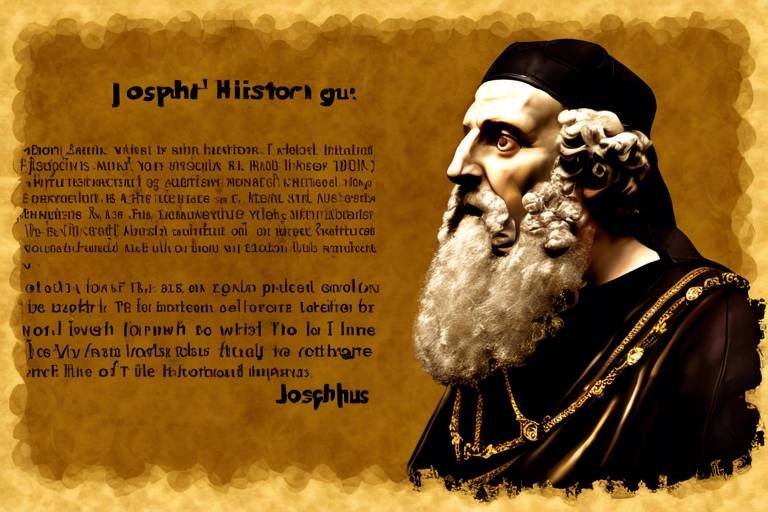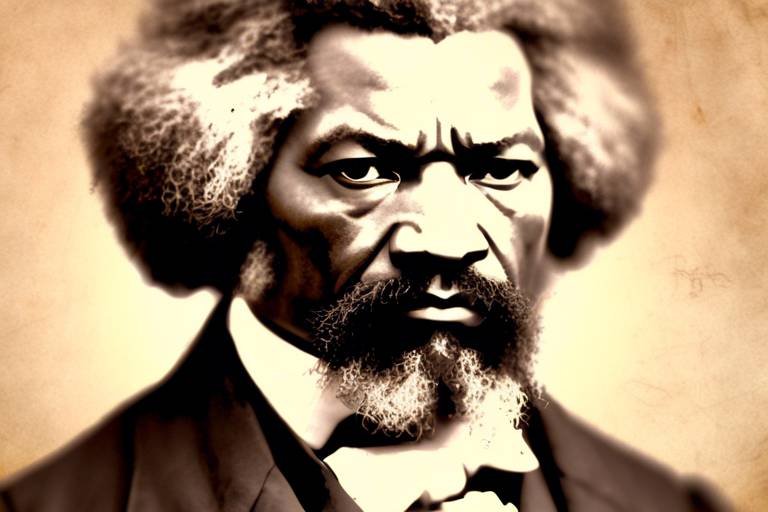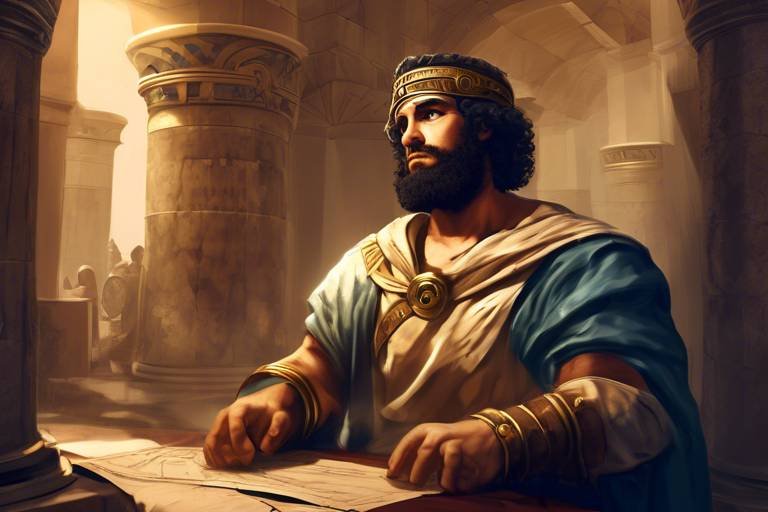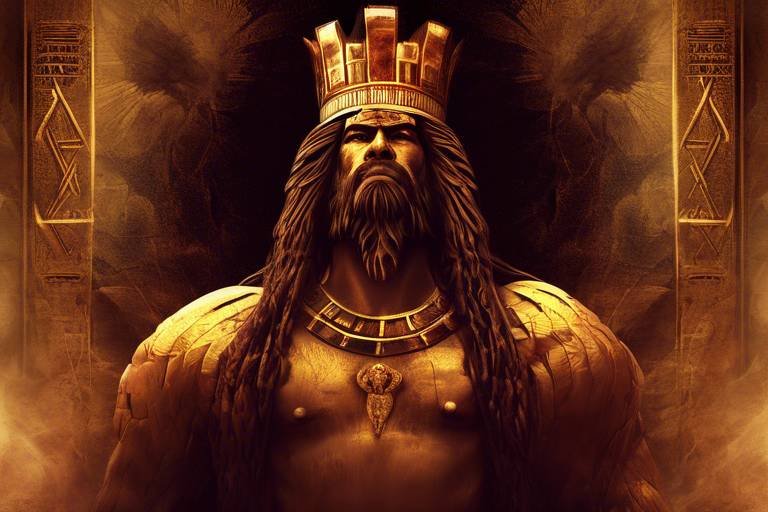Alexander I: The Emperor of Russia
Emperor Alexander I, a pivotal figure in Russian history, ascended to the throne during a time of great turmoil and change. His reign marked a period of significant transformation for the Russian Empire, as he navigated through wars, reforms, and diplomatic challenges with a strategic vision and unwavering determination.
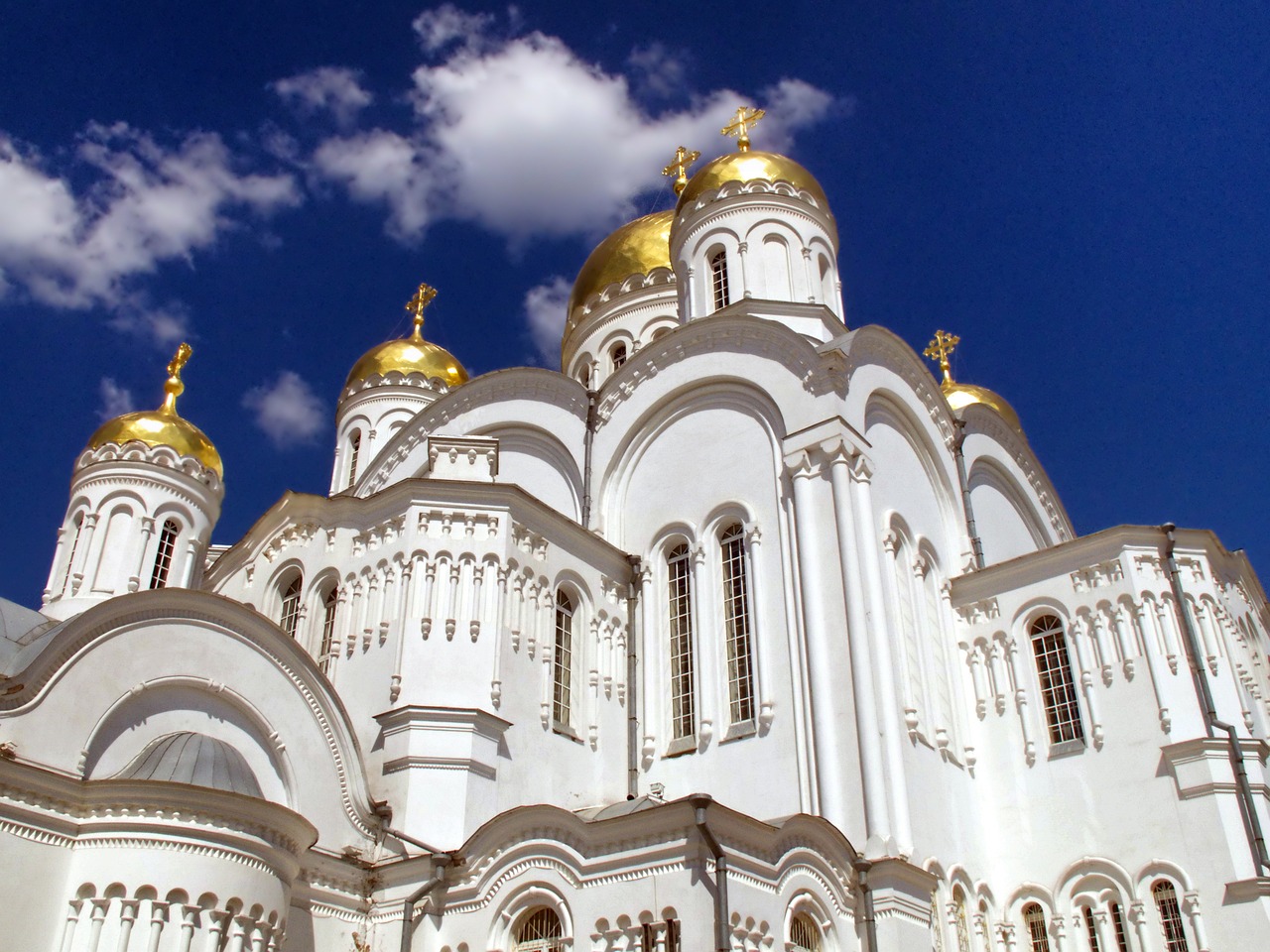
Early Life and Education
Let's take a journey back in time to unravel the early life and educational background of Alexander I, the enigmatic Emperor of Russia. Born on December 23, 1777, Alexander spent his formative years surrounded by the opulence and intrigue of the Russian imperial court. His upbringing was marked by a blend of traditional Russian customs and the influence of European enlightenment ideals, shaping his worldview from a young age.
Despite being groomed for the throne, Alexander's education was far from conventional. He was tutored by prominent scholars and statesmen, immersing himself in a wide range of subjects from history and literature to military strategy and diplomacy. This diverse education instilled in him a deep sense of curiosity and a thirst for knowledge that would define his reign as Emperor.
One of the pivotal influences on Alexander's early life was his grandmother, Catherine the Great, whose progressive policies and ambitious reforms left a lasting impression on the young prince. Under her guidance, he learned the art of governance and the importance of modernizing Russia to keep pace with the changing world.
As Alexander I ascended to the throne at the tender age of 23, his education and upbringing played a crucial role in shaping his leadership style and vision for the Russian Empire. His commitment to reform and modernization was deeply rooted in the lessons learned during his formative years, setting the stage for a transformative era in Russian history.

Reforms and Modernization Efforts
During his reign, Alexander I spearheaded numerous reforms and modernization efforts aimed at propelling Russia into a new era of progress and development. One of his most significant initiatives was the establishment of the Ministry of Education in 1802, which aimed to improve the educational system and promote intellectual growth across the empire. This reform laid the foundation for the creation of new schools, universities, and educational programs, fostering a more educated and skilled population.
Furthermore, Alexander I implemented economic reforms to boost industrialization and trade within Russia. He encouraged the development of factories, infrastructure, and trade routes to stimulate economic growth and reduce reliance on agricultural production. These efforts not only modernized the Russian economy but also laid the groundwork for future industrial expansion and economic prosperity.
In addition to educational and economic reforms, Alexander I focused on modernizing the military to strengthen Russia's defense capabilities. He introduced new military tactics, weapons, and training methods to enhance the effectiveness of the Russian army and navy. These reforms proved crucial during the Napoleonic Wars, where Russia's military prowess played a significant role in repelling foreign invasions and safeguarding the empire's sovereignty.
Moreover, Alexander I prioritized administrative reforms to streamline governance and improve efficiency within the government. He implemented measures to combat corruption, enhance bureaucratic transparency, and decentralize power to promote local governance. These administrative changes aimed to create a more responsive and accountable government that could better address the needs of the diverse Russian population.
Overall, Alexander I's reforms and modernization efforts were instrumental in shaping the trajectory of Russia's development and setting the stage for future progress. By prioritizing education, economic growth, military strength, and administrative efficiency, he laid a strong foundation for the transformation of Russia into a modern and influential global power.
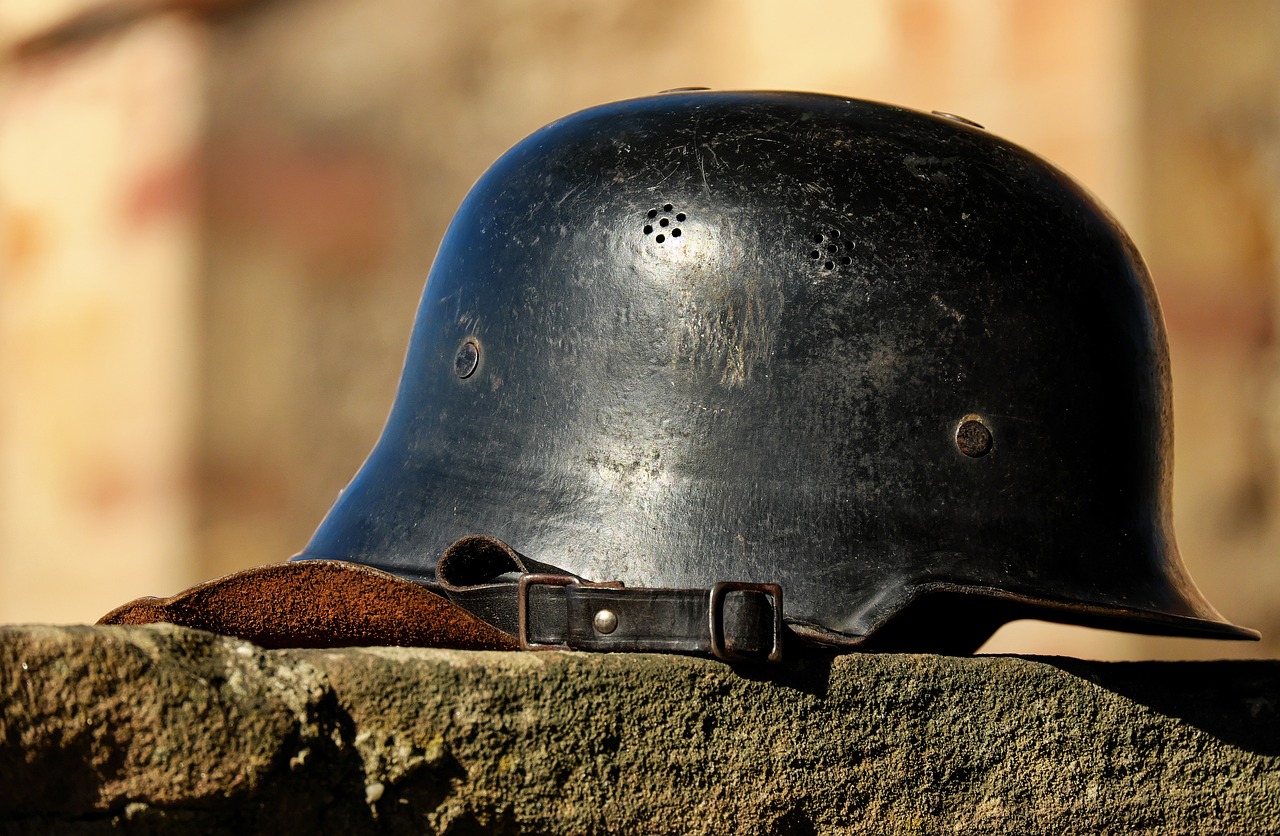
Napoleonic Wars and the Patriotic War of 1812
The Napoleonic Wars and the Patriotic War of 1812 marked a pivotal period in Alexander I's reign as the Emperor of Russia. As Napoleon Bonaparte's forces marched towards Russia in 1812, Alexander I faced a critical decision that would shape the course of history. The invasion led to the infamous burning of Moscow, a strategic move that aimed to deny Napoleon vital resources and weaken his forces.
Despite the devastation of Moscow, the Russian army, under the leadership of Alexander I, regrouped and engaged Napoleon's forces in the decisive Battle of Borodino. This bloody conflict, known as the bloodiest day of the Napoleonic Wars, resulted in heavy casualties on both sides but ultimately halted Napoleon's advance towards Moscow.
The Patriotic War of 1812 symbolized a turning point in the conflict, as Russian resilience and determination to defend their homeland proved to be a formidable force against the French invaders. The harsh Russian winter, combined with guerrilla tactics employed by the Russian army, further weakened Napoleon's forces and ultimately led to their retreat from Russian territory.
Alexander I's leadership during the Patriotic War of 1812 solidified his image as a patriotic ruler who placed the interests of his country above all else. The successful defense of Russia against Napoleon's forces not only bolstered Alexander I's reputation at home but also enhanced Russia's standing on the international stage.
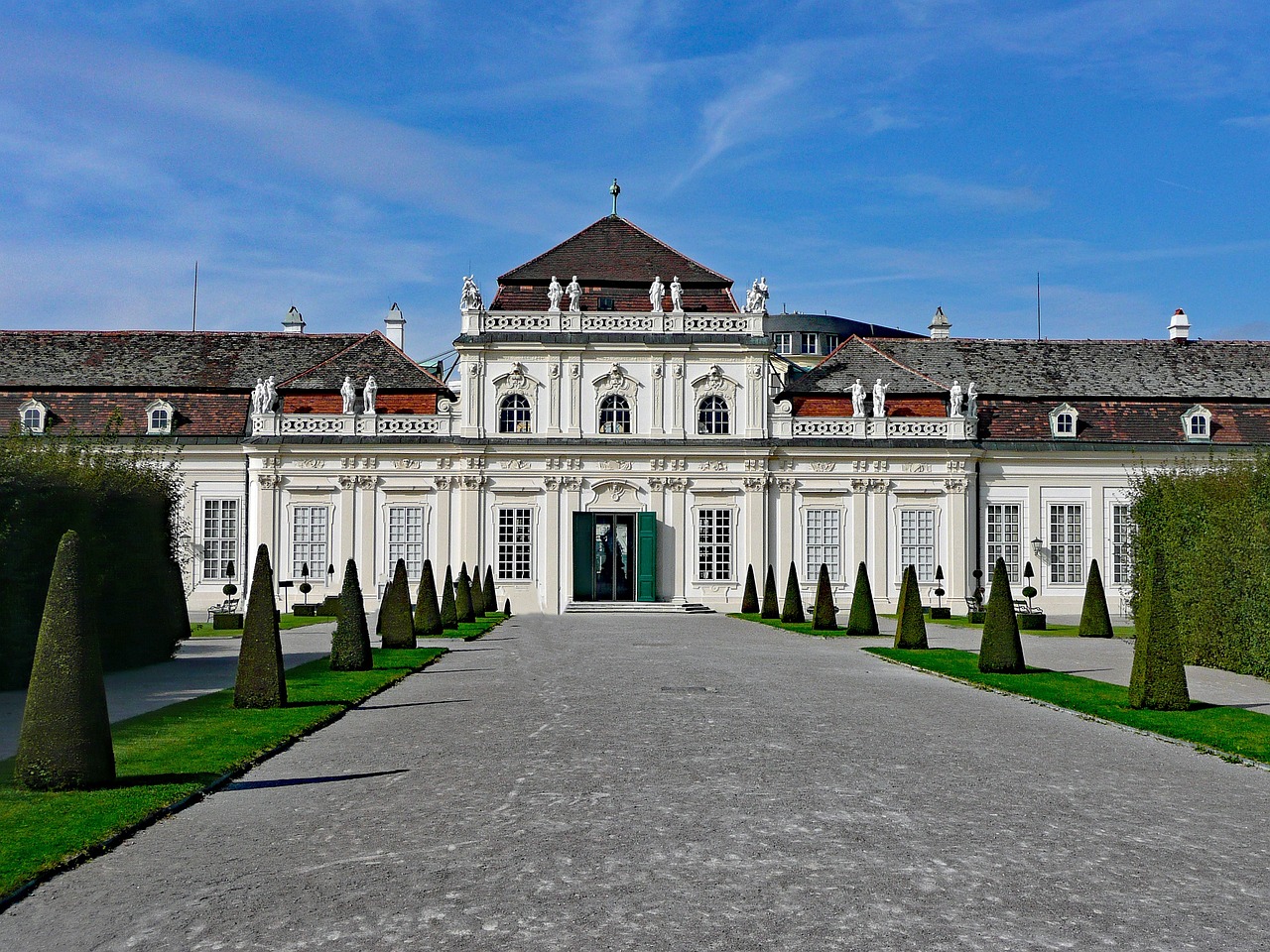
Congress of Vienna and European Diplomacy
The Congress of Vienna, held from 1814 to 1815, marked a significant turning point in European diplomacy following the Napoleonic Wars. Led by Alexander I of Russia, along with other major European powers, the Congress aimed to restore stability and redraw the map of Europe after years of conflict and upheaval. Through diplomatic negotiations and intricate alliances, the Congress sought to establish a new balance of power to prevent future wars and maintain peace on the continent.
During the Congress, Alexander I played a crucial role in shaping the outcomes and determining the borders of European nations. His diplomatic skills and strategic vision were instrumental in securing favorable terms for Russia and expanding its influence in Eastern Europe. Through negotiations with other leaders, Alexander I sought to safeguard Russian interests while also promoting stability and cooperation among the European powers.
One of the key achievements of the Congress of Vienna was the establishment of a system of international relations known as the Concert of Europe, where major powers would meet periodically to address common issues and prevent conflicts. This diplomatic framework was designed to uphold the balance of power and ensure collective security in Europe, with Alexander I advocating for mutual respect and cooperation among nations.
Furthermore, the Congress of Vienna set the stage for a new era of European diplomacy based on dialogue, negotiation, and consensus-building. Alexander I's commitment to diplomacy and his vision for a peaceful coexistence among nations left a lasting impact on the future of international relations. The Congress not only reshaped the political map of Europe but also laid the foundation for a system of alliances and agreements that would shape the continent for years to come.

Domestic Challenges and Decembrist Revolt
During his reign, Alexander I faced numerous domestic challenges that tested his leadership and the stability of the Russian Empire. One of the most significant events was the Decembrist Revolt of 1825, a rebellion led by a group of Russian military officers who opposed the autocratic rule of the Tsar and called for constitutional reforms.
The Decembrist Revolt, also known as the Decembrist Uprising, was a pivotal moment in Russian history as it highlighted the growing discontent among the educated elite and military officers with the conservative policies of Alexander I. The rebels, inspired by liberal and nationalist ideas from Western Europe, sought to establish a constitutional monarchy and limit the Tsar's powers.
However, the Decembrist Revolt was quickly suppressed by loyalist forces, and the leaders of the rebellion were arrested, tried, and sentenced to death or hard labor in Siberia. The failure of the uprising exposed the deep-seated tensions within Russian society and the challenges of implementing political reforms in a vast and diverse empire.
Despite the harsh crackdown on the Decembrists, the events of 1825 had a lasting impact on Russian politics and society. It marked the beginning of a more repressive period in Russian history, with subsequent rulers tightening control over dissent and opposition movements.
Additionally, the Decembrist Revolt raised questions about the sustainability of autocratic rule in the face of increasing calls for modernization and political liberalization. The legacy of the uprising continued to influence future generations of Russian reformers and revolutionaries, shaping the course of Russian history in the decades to come.

Religious and Philosophical Beliefs
When it comes to Alexander I's religious and philosophical beliefs, one cannot overlook the profound impact they had on his reign and personal life. Known for his spiritual journey and interactions with religious leaders, Alexander I's beliefs played a significant role in shaping his decisions and policies.
One of the key aspects of Alexander I's religious beliefs was his deep connection to Russian Orthodoxy. He viewed himself as the protector of the Orthodox faith and saw it as a unifying force for the Russian people. His close relationship with religious leaders and his efforts to promote Orthodoxy influenced both his public image and his governance.
Moreover, Alexander I's philosophical beliefs were characterized by a sense of idealism and a desire for reform. He was influenced by Enlightenment ideas and believed in the power of education and progress. This philosophical outlook guided his efforts to modernize Russia and implement reforms that aimed to improve the lives of his subjects.
Throughout his reign, Alexander I grappled with the complexities of balancing his religious convictions with his philosophical ideals. This inner conflict often manifested in his policies and decisions, as he sought to navigate the challenges of ruling a vast empire in a rapidly changing world.
In conclusion, Alexander I's religious and philosophical beliefs were integral to his identity as a ruler and had a lasting impact on Russian history. By understanding his complex relationship with religion and philosophy, we gain insight into the motivations behind his actions and the legacy he left behind.
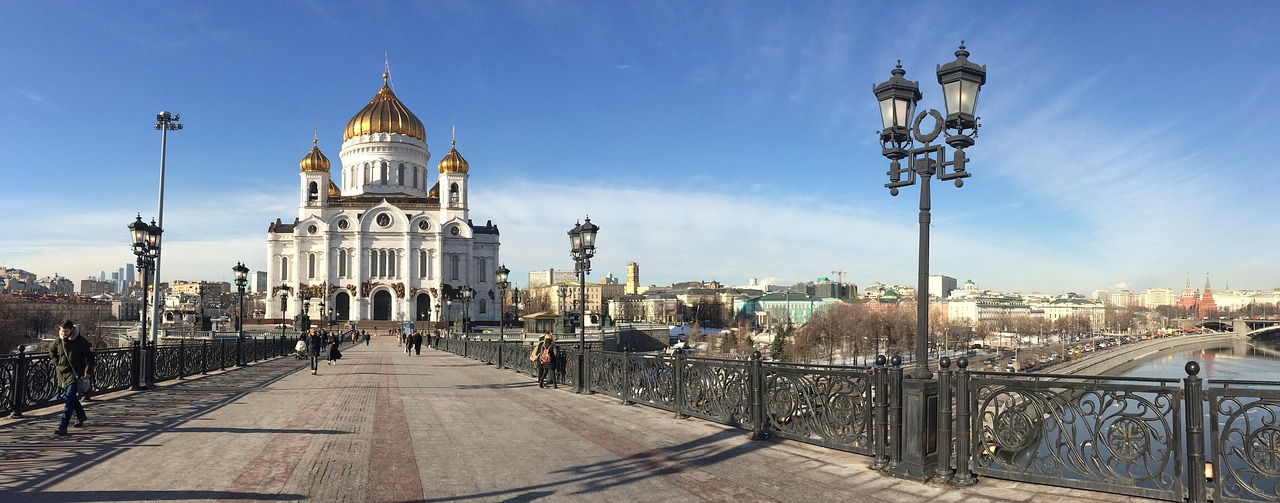
Legacy and Historical Significance
Exploring the life and reign of Alexander I, the Emperor of Russia who ruled during a tumultuous period in history. Learn about his accomplishments, challenges, and impact on the Russian Empire.
Alexander I left a profound legacy that greatly influenced Russian history and governance. His reign marked a significant transition period for the Russian Empire, characterized by a blend of traditional values and modern reforms. One of his most enduring legacies was the establishment of the Holy Alliance, a coalition of European monarchs aimed at promoting Christian values and maintaining peace in Europe. This initiative reflected Alexander I's vision of a harmonious and stable continent.
Furthermore, Alexander I's role in the Congress of Vienna reshaped the map of Europe and set the stage for a new era of diplomacy and international relations. His contributions to the defeat of Napoleon Bonaparte in the Napoleonic Wars elevated Russia's status on the world stage and solidified its position as a major power.
In addition to his diplomatic achievements, Alexander I implemented several reforms aimed at modernizing Russia's political and social systems. His efforts to promote education, improve infrastructure, and enhance the legal system laid the groundwork for future developments in the country. Despite facing internal opposition and challenges, Alexander I's commitment to progress and innovation left a lasting impact on Russian governance.
Moreover, Alexander I's influence extended to the cultural and religious spheres. His support for the Russian Orthodox Church and his emphasis on spiritual values contributed to the preservation of traditional beliefs and practices. His interest in philosophy and mysticism also shaped his worldview and interactions with intellectuals and religious leaders.
Overall, Alexander I's legacy as the Emperor of Russia is characterized by a complex interplay of tradition and modernity, diplomacy and reform, spirituality and pragmatism. His reign continues to be a subject of historical debate and fascination, highlighting the enduring significance of his contributions to Russian history and the broader European context.

Controversies and Conspiracy Theories
Controversies and Conspiracy Theories surrounding Alexander I have intrigued historians and enthusiasts alike, adding an air of mystery to his reign and legacy. One of the most prominent controversies revolves around his death, with various conspiracy theories suggesting that he may have faked his demise to live in seclusion. Rumors of Alexander I's survival persisted for years after his reported death, fueling speculation and debate among scholars.
Additionally, the circumstances of Alexander I's death have raised questions and suspicions, leading to theories of foul play and political intrigue. Some believe that he met a sinister end orchestrated by his enemies or that his death was staged to allow him to escape the pressures of ruling. The lack of concrete evidence surrounding his passing has only added to the enigma surrounding the final chapter of his life.
Moreover, the mystery shrouding Alexander I's death has given rise to a myriad of conspiracy theories, ranging from claims of secret alliances to suggestions of a grand cover-up. The uncertainty surrounding his fate has fueled speculation about hidden agendas, clandestine plots, and the manipulation of historical records to conceal the truth.
As historians continue to unravel the complexities of Alexander I's reign and demise, the controversies and conspiracy theories surrounding him serve as a reminder of the enduring fascination with enigmatic historical figures and the enduring allure of unresolved mysteries.
Frequently Asked Questions
- 1. What were some of Alexander I's major accomplishments during his reign?
Alexander I achieved significant reforms and modernization efforts in Russia, including the establishment of the Ministry of Education, the introduction of the first public library, and the implementation of the Charter of the Nobility.
- 2. How did Alexander I contribute to the defeat of Napoleon in the Napoleonic Wars?
Alexander I played a crucial role in forming the coalition against Napoleon, leading to the successful campaign of 1812 that culminated in the French retreat from Russia. His leadership during the Patriotic War of 1812 was instrumental in turning the tide against Napoleon's forces.
- 3. What was the Decembrist Revolt, and how did it impact Alexander I's reign?
The Decembrist Revolt of 1825 was a significant uprising by Russian military officers against the autocratic rule of Alexander I. While the revolt ultimately failed, it highlighted growing discontent and paved the way for future reforms in Russia.
- 4. What is the legacy of Alexander I in Russian history?
Alexander I is remembered for his efforts to modernize Russia, his role in defeating Napoleon, and his contributions to European diplomacy. His reign marked a period of transition and laid the foundation for subsequent reforms in the Russian Empire.
- 5. Are there any conspiracy theories surrounding Alexander I's death?
Yes, there are various conspiracy theories surrounding Alexander I's death, with some speculating that he faked his own death and lived out his days in seclusion. The circumstances of his passing remain shrouded in mystery, fueling speculation and intrigue among historians.


